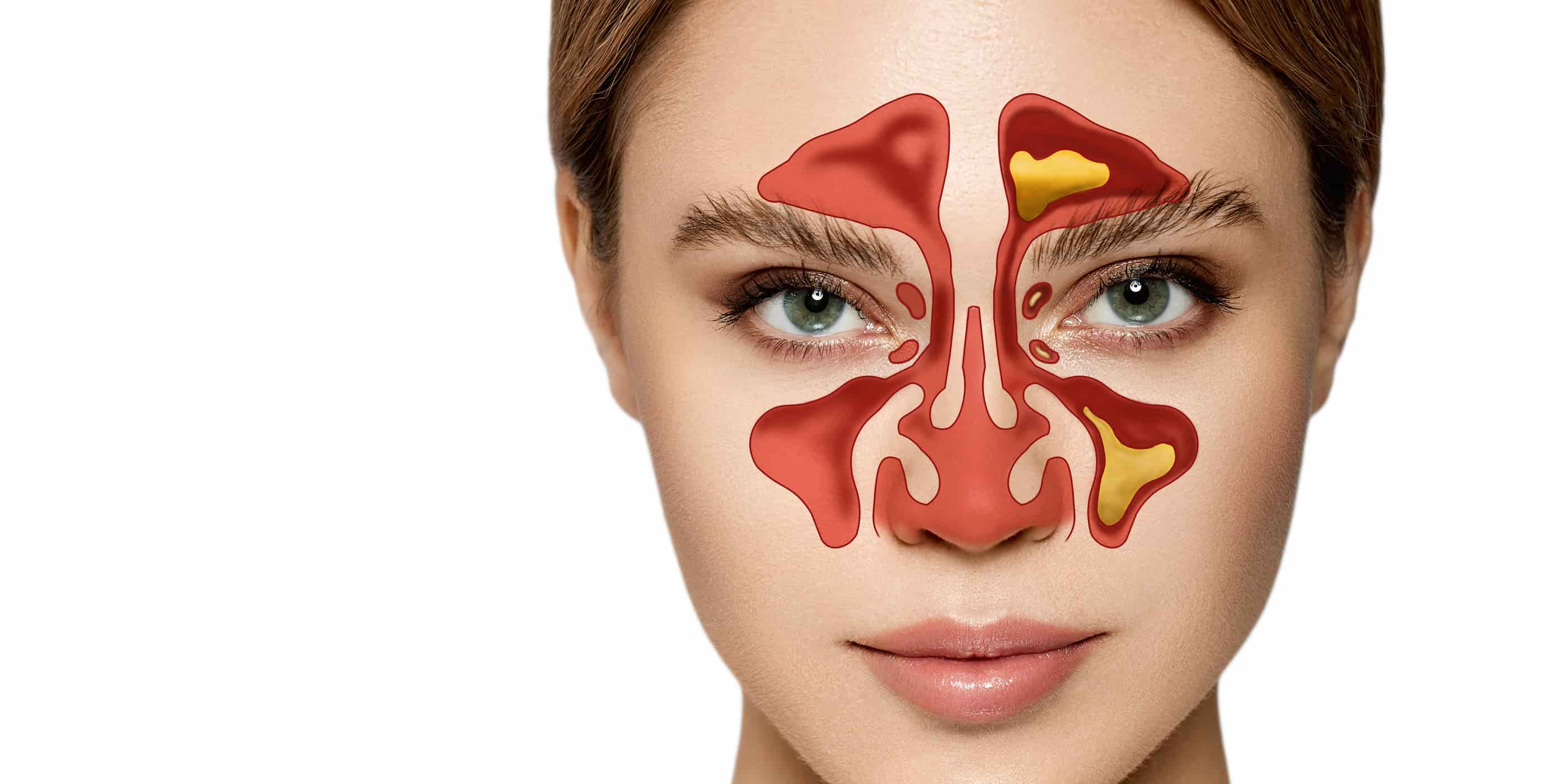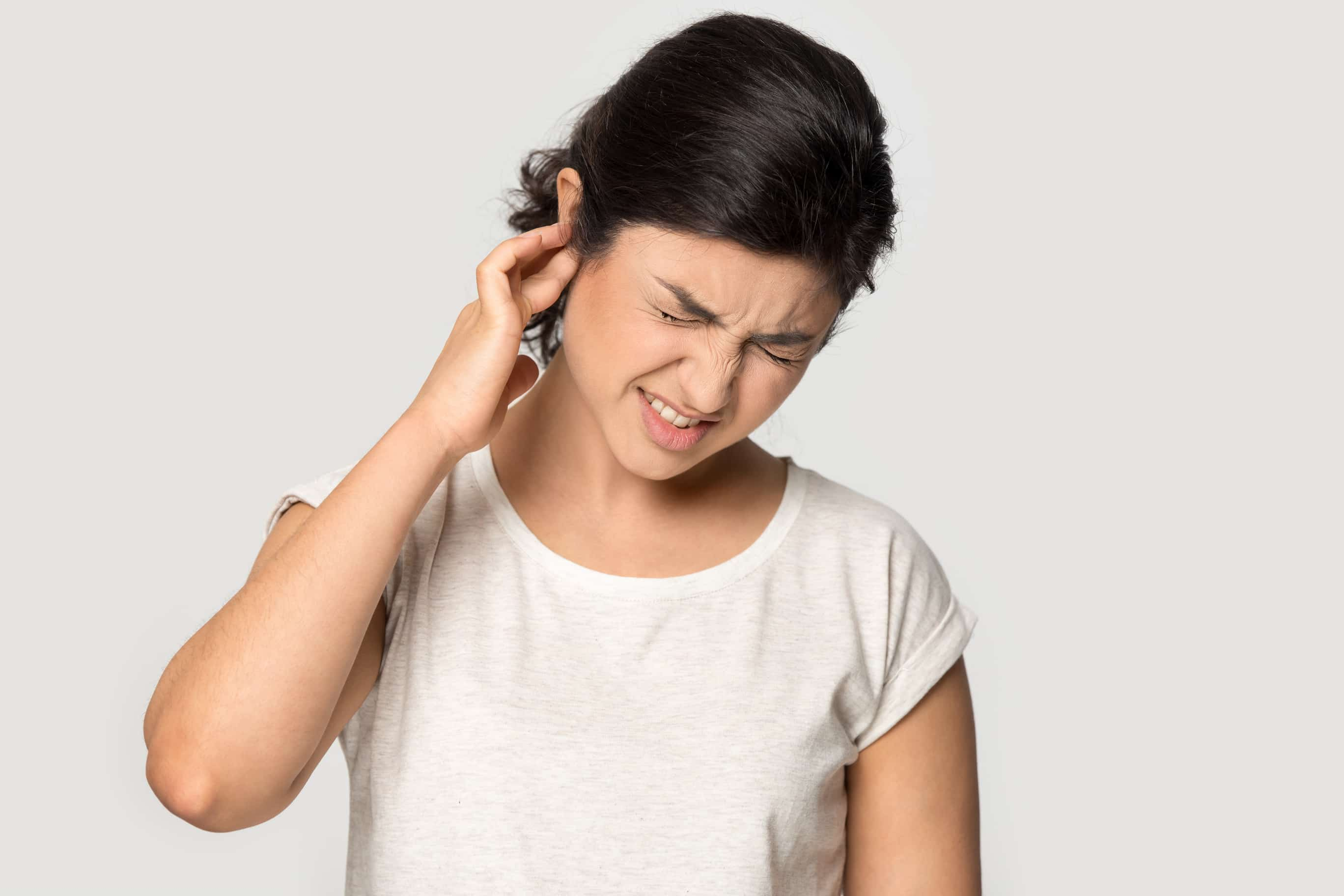
Sinusitis Treatment
Sinusitis is a common condition that affects millions of people worldwide. It occurs when the tissues lining the sinuses become inflamed and swollen, causing pain and discomfort. In this article, we will provide you with the ultimate guide to understanding sinusitis, including its causes, symptoms, and treatment.
What is Sinusitis?
Sinusitis is a condition that affects the sinuses, which are air-filled cavities located in the bones of the face and skull. When the tissues lining the sinuses become inflamed and swollen, they produce more mucus than usual, causing congestion and pressure in the face and head. This can lead to a variety of symptoms, including headache, facial pain, and nasal congestion.
Sinusitis can be caused by a variety of factors, including viral and bacterial infections, allergies, and structural abnormalities in the nose or sinuses. Viral infections such as the common cold or flu can cause inflammation in the nasal passages, which can spread to the sinuses. Bacterial infections can also cause sinusitis, and can occur after a viral infection or as a result of allergies or environmental irritants. Allergies can cause inflammation in the nasal passages, which can lead to sinusitis, while structural abnormalities such as deviated septums or nasal polyps can block the sinuses and lead to inflammation.
Symptoms of sinusitis can vary depending on the severity of the condition. Common symptoms include facial pain or pressure, nasal congestion, headache, postnasal drip, fatigue, and fever. Treatment for sinusitis depends on the underlying cause and can include nasal sprays, antibiotics, decongestants, allergy medications, and nasal irrigation. To prevent sinusitis, it’s important to practice good hygiene, manage allergies, avoid irritants, use a humidifier, and drink plenty of fluids.
Causes of Sinusitis
Sinusitis can be caused by a variety of factors, including:
Viral Infections: Viral infections such as the common cold or flu can lead to sinusitis. These infections cause inflammation in the nasal passages, which can spread to the sinuses.
Bacterial Infections: Bacterial infections can also cause sinusitis. These infections can occur after a viral infection or as a result of allergies or environmental irritants.
Allergies: Allergies can cause inflammation in the nasal passages, which can lead to sinusitis. Allergies to dust, pollen, or animal dander are common triggers.
Structural Abnormalities: Structural abnormalities in the nose or sinuses can also cause sinusitis. Deviated septums, nasal polyps, or other obstructions can block the sinuses and lead to inflammation.
Symptoms of Sinusitis
Sinusitis is a common condition that affects the sinuses, which are air-filled cavities located in the bones of the face and skull. When the sinuses become inflamed and swollen, they produce more mucus than usual, causing congestion and pressure in the face and head. This can lead to a variety of symptoms that can range from mild to severe.
The symptoms of sinusitis can vary depending on the severity of the condition. Common symptoms include facial pain or pressure, nasal congestion, headache, postnasal drip, fatigue, and fever. The pain or pressure associated with sinusitis is typically felt in the forehead, cheeks, and behind the eyes. Nasal congestion is another common symptom, which can make it difficult to breathe through the nose. Postnasal drip, which is the sensation of mucus dripping down the back of the throat, is also a common symptom of sinusitis.
Other symptoms of sinusitis may include bad breath, cough, and sore throat. In severe cases, sinusitis can lead to complications such as meningitis, brain abscess, and vision problems. If you experience persistent or severe symptoms of sinusitis, it’s important to seek medical attention. Treatment for sinusitis depends on the underlying cause and can include nasal sprays, antibiotics, decongestants, allergy medications, and nasal irrigation.
Sinusitis Treatment Options
The treatment for sinusitis depends on the underlying cause of the condition. Some common sinusitis treatments include:
Nasal Sprays: Nasal sprays can help to reduce inflammation and congestion in the sinuses. They are available over-the-counter or by prescription.
Antibiotics: Antibiotics may be prescribed if the sinusitis is caused by a bacterial infection.
Decongestants: Decongestants can help to relieve nasal congestion and reduce sinus pressure. They are available over-the-counter or by prescription.
Allergy Medications: Allergy medications can help to reduce inflammation caused by allergies.
Nasal Irrigation: Nasal irrigation can help to flush out mucus and other irritants from the sinuses. This can be done using a saline solution or a Neti pot. In severe cases of sinusitis, surgery may be necessary to remove obstructions or repair structural abnormalities.
Preventing Sinusitis
There are several steps you can take to prevent sinusitis, including:
Practicing good hygiene: Washing your hands regularly and avoiding close contact with people who are sick can help to prevent viral and bacterial infections.
Managing allergies: Avoiding triggers and taking allergy medications as directed can help to prevent inflammation in the nasal passages.
Avoiding irritants: Avoiding Avoiding irritants: Avoiding environmental irritants such as cigarette smoke, air pollution, and strong odors can help to prevent inflammation in the nasal passages.
Using a humidifier: Using a humidifier can help to keep the air moist, which can prevent the sinuses from drying out and becoming inflamed.
Drinking plenty of fluids: Drinking plenty of fluids can help to thin mucus and prevent congestion.
What Foods Reduce Sinus Infection?
While there are no specific foods that can cure sinusitis, there are certain foods that can help to reduce inflammation and boost the immune system, which can help to alleviate symptoms and prevent sinus infections from occurring. Eating a healthy, balanced diet that is rich in vitamins and nutrients can also help to support overall health and wellness.
One type of food that can be beneficial for reducing sinus infections is foods that are rich in antioxidants. Antioxidants are compounds that help to protect the body against damage from free radicals, which can contribute to inflammation and other health problems. Foods that are high in antioxidants include berries, leafy greens, nuts, and seeds. Vitamin C is also a powerful antioxidant that can help to boost the immune system and reduce inflammation. Foods that are rich in vitamin C include citrus fruits, kiwi, strawberries, and bell peppers.
The Study of Sinusitis Treatment
A study published in the Journal of Otolaryngology and Head & Neck Surgery examined the effectiveness of nasal irrigation, a common treatment for sinusitis. The study found that regular nasal irrigation with a saline solution can significantly reduce symptoms of sinusitis and improve overall quality of life for patients. This research emphasizes the importance of considering nasal irrigation as a part of sinusitis treatment, as mentioned in this article. Evidence-based information is crucial to help individuals make informed decisions about their sinusitis treatment options.
Healthy Turkiye Notes for Sinusitis Treatment
Sinusitis is a common condition that can cause a variety of uncomfortable symptoms. It can be caused by viral or bacterial infections, allergies, or structural abnormalities. Treatment for sinusitis depends on the underlying cause and can include nasal sprays, antibiotics, decongestants, and allergy medications. In severe cases, surgery may be necessary. To prevent sinusitis, it’s important to practice good hygiene, manage allergies, avoid irritants, use a humidifier, and drink plenty of fluids. If you experience persistent or severe symptoms, it’s important to see an ENT doctor for sinusitis treatment.




